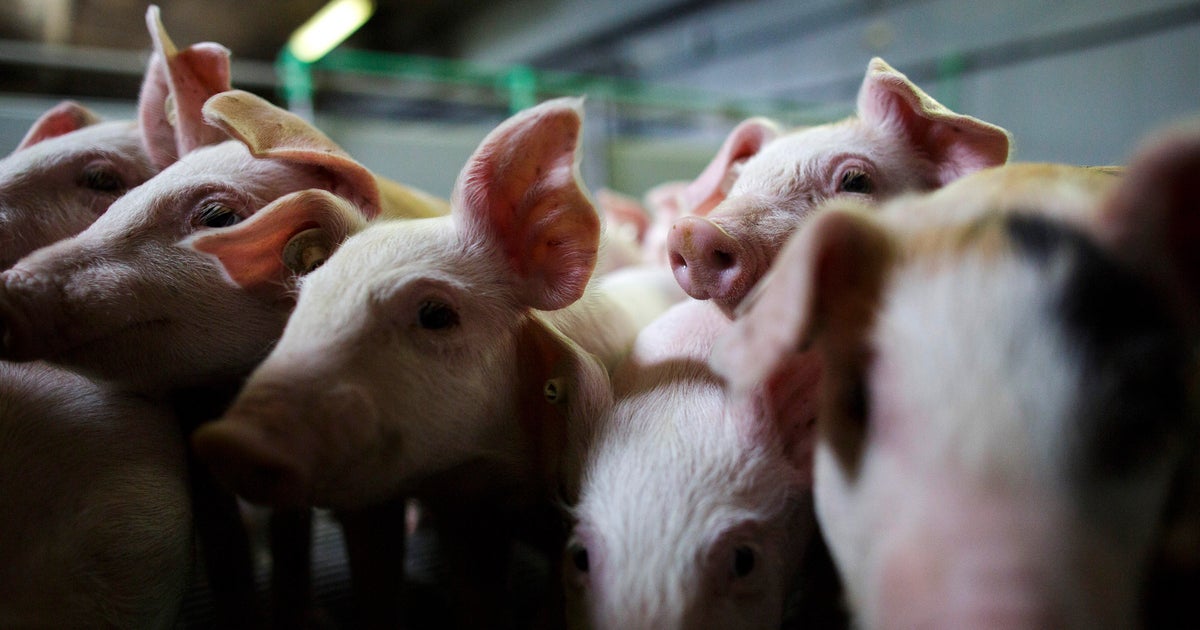The Centers for Disease Control and Prevention (CDC) will investigate samples obtained from a fatal case of influenza in Brazil, according to an announcement by the World Health Organization (WHO). Health officials discovered that the death was caused by an H1N1 variant that is spreading among pigs.
H1N1 swine flu, known as “spillover,” has been observed in various parts of the world in individuals who have come into contact with infected pigs.
However, it remains unclear how the patient in this particular case contracted the virus. The patient, a 42-year-old woman residing in the Brazilian state of Paraná, never had direct contact with pigs.
Investigators discovered that two individuals who had close contact with the patient worked at a nearby pig farm. However, both individuals tested negative for influenza and never exhibited respiratory symptoms.
In a statement published on Friday, the WHO stated, “Based on the information currently available, WHO considers this a sporadic case, and there is no evidence of person-to-person transmission of this event. The likelihood of community-level spread among humans and/or international disease spread through humans is low.”
Preliminary analyses conducted by Brazilian health authorities confirmed that the virus responsible for the death was H1N1, closely related to previous H1N1 variants found in the region.
The WHO mentioned, “To date, sporadic human infections caused by influenza A(H1N1)v and A(H1N2)v viruses have been reported in Brazil, and there has been no evidence of sustained human-to-human transmission.”
The CDC regularly examines thousands of sequenced flu viruses each year, comparing their genetic makeup to previous variants that have affected both animals and humans. This summer, the Biden administration is increasing efforts to identify cases of potentially deadly new flu variants spreading to humans.
In addition to the growing threat of avian flu among birds throughout the Americas, previous years have seen cases of “novel influenza virus infections” in humans following interactions with animals at events like agricultural fairs.
“Given the severity of illness in recent human cases, the CDC has also been discussing with partners the possibility of expanding surveillance efforts among severely ill individuals in the ICU during the summer months, when seasonal influenza activity is typically low,” said CDC’s Carrier Reed during a recent webinar with testing laboratories.
A recent analysis by the CDC of a severe bird flu infection in a Chilean man earlier this year revealed signs that the virus had undergone a change that could enhance its ability to spread among humans.
A CDC representative did not provide an immediate comment regarding the Brazilian case.
Denial of responsibility! VigourTimes is an automatic aggregator of Global media. In each content, the hyperlink to the primary source is specified. All trademarks belong to their rightful owners, and all materials to their authors. For any complaint, please reach us at – [email protected]. We will take necessary action within 24 hours.


